Burundi is in the grip of a housing crisis that continues to worsen, particularly in urban centers like Bujumbura and Gitega. As rent prices soar to unprecedented levels, low-income families are being squeezed out of their homes, forced to navigate an unforgiving rental market. The most troubling aspect of this crisis, however, is not just the skyrocketing prices but the deafening silence from the Burundian government.
While the cost of living continues to rise, wages have remained stagnant, making it nearly impossible for many Burundians to meet their basic needs. The situation is most acute in Burundi’s economic capital Bujumbura, where housing demand far exceeds supply. In the political capital Gitega, too, the cries for reform grow louder each day. Yet, amid this crisis, the government has remained conspicuously absent, failing to implement any regulatory measures to protect vulnerable tenants.
A Perfect Storm: Economic Instability and Regional Conflict
Several factors have contributed to the current housing dilemma. Burundi’s ongoing economic challenges—driven by a shortage of foreign currency, fuel scarcity, and the depreciation of the Burundian Franc (BIF)—have significantly impacted the cost of living. The housing market has not been spared. With landlords citing increased living expenses and currency devaluation, many feel justified in raising rent prices.
However, the situation has been further exacerbated by the war in eastern Democratic Republic of Congo (DRC). Since February, Burundi has seen an influx of Congolese refugees fleeing the conflict. According to the Burundian government and UNHCR, about 50,000 Congolese have sought refuge in Burundi as of today, some of whom have opted to rent homes the economic capital Bujumbura rather than live in overcrowded refugee camps in the countryside.
This sudden surge in demand has triggered a severe housing shortage in urban areas, particularly in Bujumbura. Many landlords, seeing an opportunity to profit from rent payments in U.S. dollars, have converted rental properties into guesthouses catering to Congolese tenants. In neighborhoods like Gasekebuye, this practice has become widespread, prompting local leaders to call for greater regulation and tax compliance. “Property owners should declare their new business ventures and pay taxes like everyone else,” local newspaper Iwacu quoted Viviane Kigeme, head of Gasekebuye neighborhood in the south of Bujumbura as saying.
As a result, many Burundians are being evicted or denied rental contracts in favor of expatriates. “I used to pay 200,000 BIF for rent, but now the same house is rented to a Congolese tenant for $100 (about 800,000 BIF, based on the current black market exchange rate in Burundi) instead,” said a Burundian tenant living in the north of Bujumbura, highlighting the stark disparity in rental opportunities.
The consequences of this housing crisis are dire for low-income Burundians, who are being systematically priced out of the market. In Bujumbura’s more affluent neighborhoods—Rohero, Kinindo, and Kibenga—rents have surged astronomically. A one-bedroom house with a living room in these areas now goes for 800,000 BIF per month, while a four-bedroom house can cost as much as 2,500,000 BIF.
This discriminatory practice is compounded by rising construction costs, driven by high transportation expenses and increased prices for building materials. Housebuilders’ wages in Bujumbura have risen from 20,000 BIF to 25,000 BIF per day, while the price of essential materials such as wood and roof sheets has also surged.
Where Is the Government?
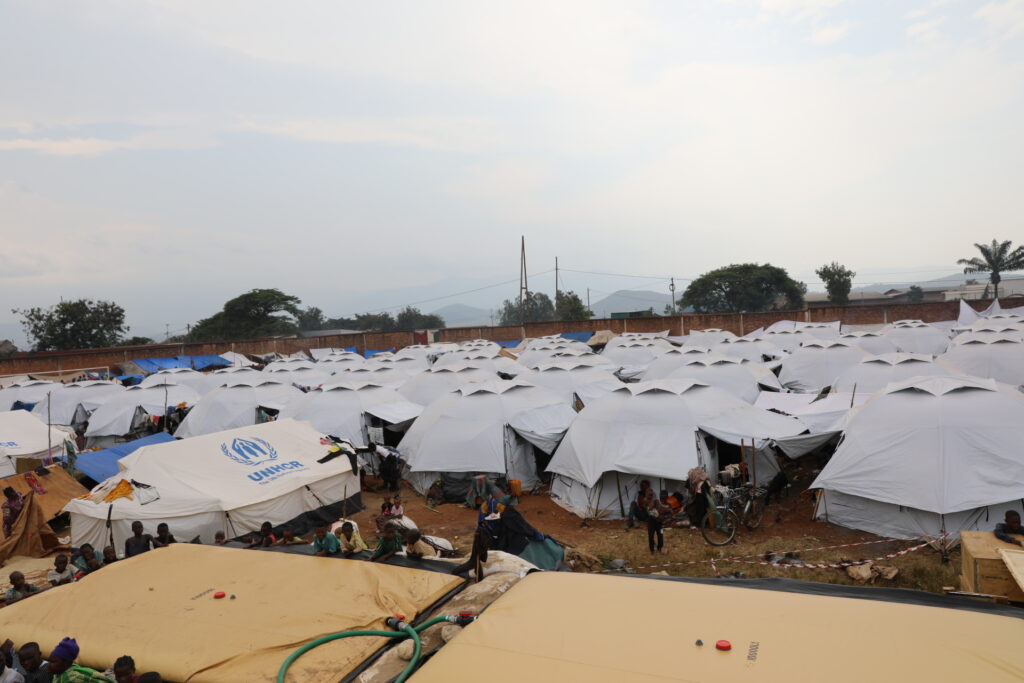
In the face of such a pressing crisis, the Burundian government’s silence is baffling. Why has the Ministry in charge of housing not taken action to regulate the rental market or introduce measures to protect vulnerable tenants? Why is there no policy to prevent price gouging or exploitation of desperate renters?
Other countries facing similar housing challenges have implemented effective regulatory measures. In Germany, for example, rental price controls, known as the ‘Mietpreisbremse’ (rent brake), limit increases to no more than 10% above the benchmark rent in areas with high housing demand. Additionally, the law offers ‘Kündigungsschutz,’ or eviction protection, ensuring tenants cannot be unjustly evicted without proper grounds.
In contrast, Burundian landlords are free to set prices as they see fit, with no restrictions or accountability. This unchecked power has allowed them to exploit the economic vulnerability of local tenants while benefiting from the influx of foreign currency brought by Congolese refugees.
It is high time for the Burundian government to acknowledge the housing crisis and take decisive action. The Ministry of Housing must break its silence and introduce regulatory frameworks to protect tenants from unjust evictions and price gouging. Additionally, enforcing mandatory rental contracts could safeguard tenants’ rights and prevent arbitrary rent hikes.
More importantly, the government must address the underlying economic issues contributing to the crisis. This includes stabilizing the Burundian Franc, addressing inflation, and ensuring the equitable distribution of housing resources. It is not enough to call for Burundians to show compassion and hospitality toward Congolese refugees. The government must also ensure that its citizens have access to affordable housing.
The housing crisis in Burundi is a silent emergency that cannot be ignored. As long as the government remains passive, low-income families will continue to bear the brunt of rising rents, economic instability, and social inequality. The question is no longer why rents are so high but why the government continues to stand by, watching its citizens struggle.
It’s time for the Burundian government to wake up, take responsibility, and act—before this crisis spirals even further out of control.




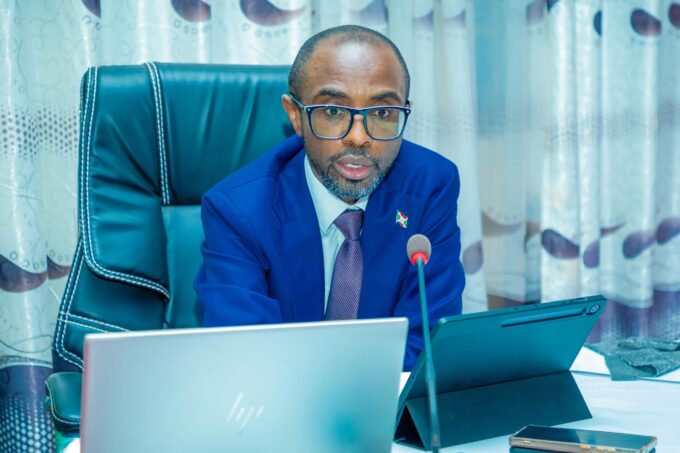
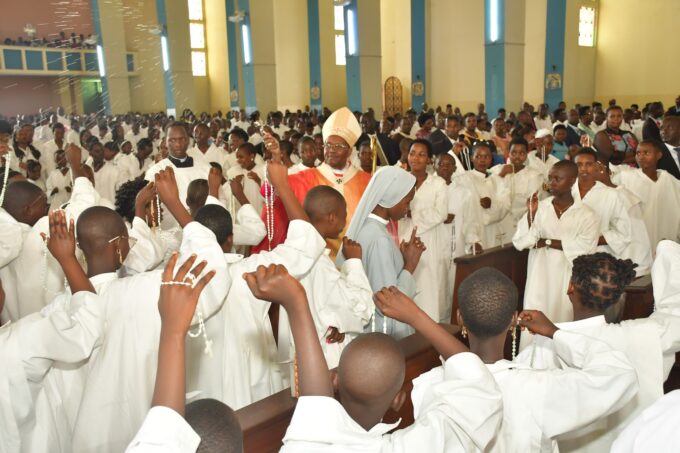
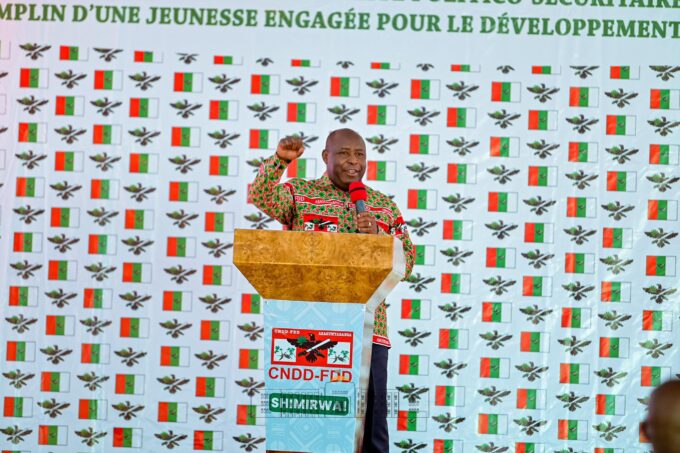
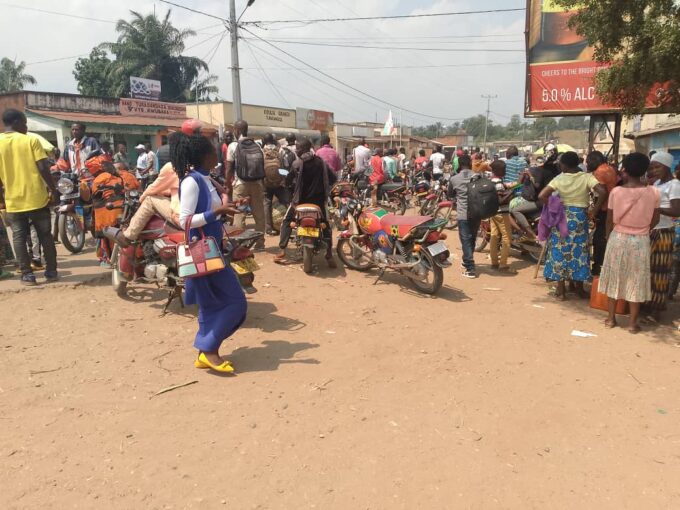
Leave a comment